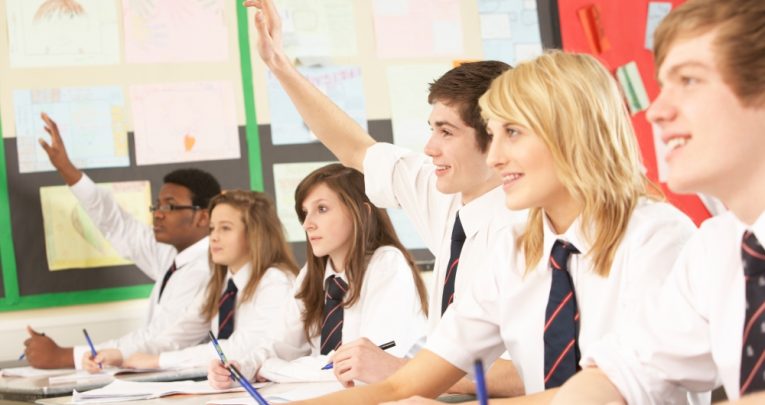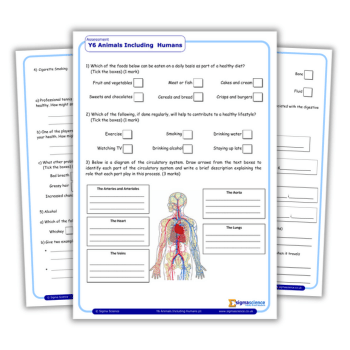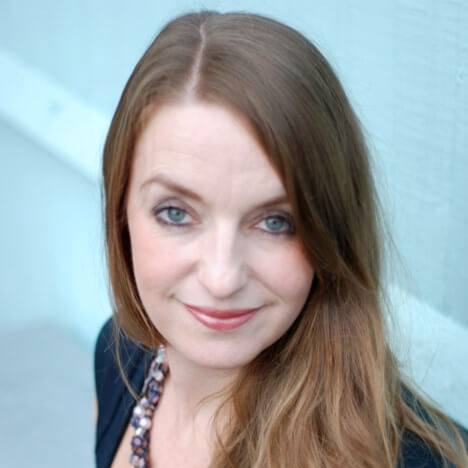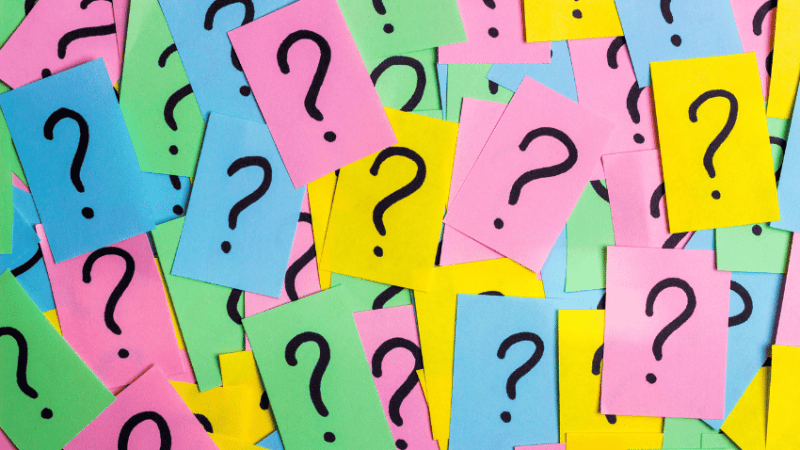4 quick assessment activities to find out what secondary students know

Make sure you’re teaching the right content at the appropriate time, with Claire Gadsby’s quick ideas to assess prior knowledge…

Teachers are talented people: this we know. However, one of the skills we lack is telepathy, and I suspect that we may sometimes make the job more difficult by ‘working blind’ and relying too much on instinct and habit when it comes to determining exactly where to pitch the learning.
It’s clear that a responsive classroom lies at the very heart of successful formative assessment, and is characterised by what Dylan Wiliam describes as a pedagogy of ‘engagement and contingency’.
So, here are four highly effective methods for ascertaining what students already know, and having some fun along the way…
1 | Crowdsourcing
Give each student a sheet of paper and ask them to write, or draw, anything they may know about the topic you are about to teach. This works best when done as a quick activity.
Next, invite them to screw up their work to form a snowball and to mark the outside with a symbol rather than their name. At your command, invite pupils to throw their anonymous snowballs towards a particular target.
Finally, invite learners to interact with the snowballs either individually or as a group, for example to discuss/ summarise, compare or group ideas.
Whilst this is a highly engaging activity that can be easily adapted to suit particular ages and subjects, its primary benefit is to provide teachers with a feel for students’ existing knowledge so they can tailor the teaching more precisely.
2 | Tap the talent in the room
Instead of the teacher providing input in the early stages, begin by drawing out what pupils already know by getting them to seek out information from each other. This marketplace style of activity is also fantastic for developing interpersonal and communication skills.
Give each student a sheet of paper and challenge them to speak to as many people as possible during a set period of time.
As they share, and record, what they know already, we as teachers can circulate and get a feel for both the accuracy of the information being exchanged and the confidence amongst the students.
Trending
A nice follow on group activity would be for students to explore their findings and categorise whether they feel the information is correct, incorrect or if they are unsure. Where there is uncertainty, these questions can be used to shape the subsequent learning.
3 | KWL grid
This is a very useful way of organising ongoing ideas and research. It is also extremely handy for demonstrating pupil progress as a class. Start by generating a large scale, three-column KWL grid, and then use careful questioning to complete it as far as possible, ensuring that all students are able to contribute.
| K: what do we know now? | W: what do we still need to find out? | L: what have we learned confidently? |
|---|---|---|
4 | GAS (Go and See/Stand)
Place items, questions, images, problems or artefacts in the corners of the room and ask pupils to stand next to the one which they:
- think is correct
- think is most interesting
- find most challenging (we need to train them to walk past anything easy!)
This strategy is about choice: committing to a position and ‘owning’ it. Ensure that you invite students to explain or justify their choice. The key advantage here is the diagnostic element for the teacher as it can be used at strategic moments to shape future learning.
You can be even more strategic by planting incorrect answers of different type in three of the corners, so you can literally see which students have aligned themselves to which misconception.
Claire Gadsby is a freelance education consultant, trainer and keynote speaker. For a wealth of practical and innovative ways to develop formative assessment further, see her book, Perfect Assessment for Learning (Independent Thinking Press), or visit clairegadsby.com.











